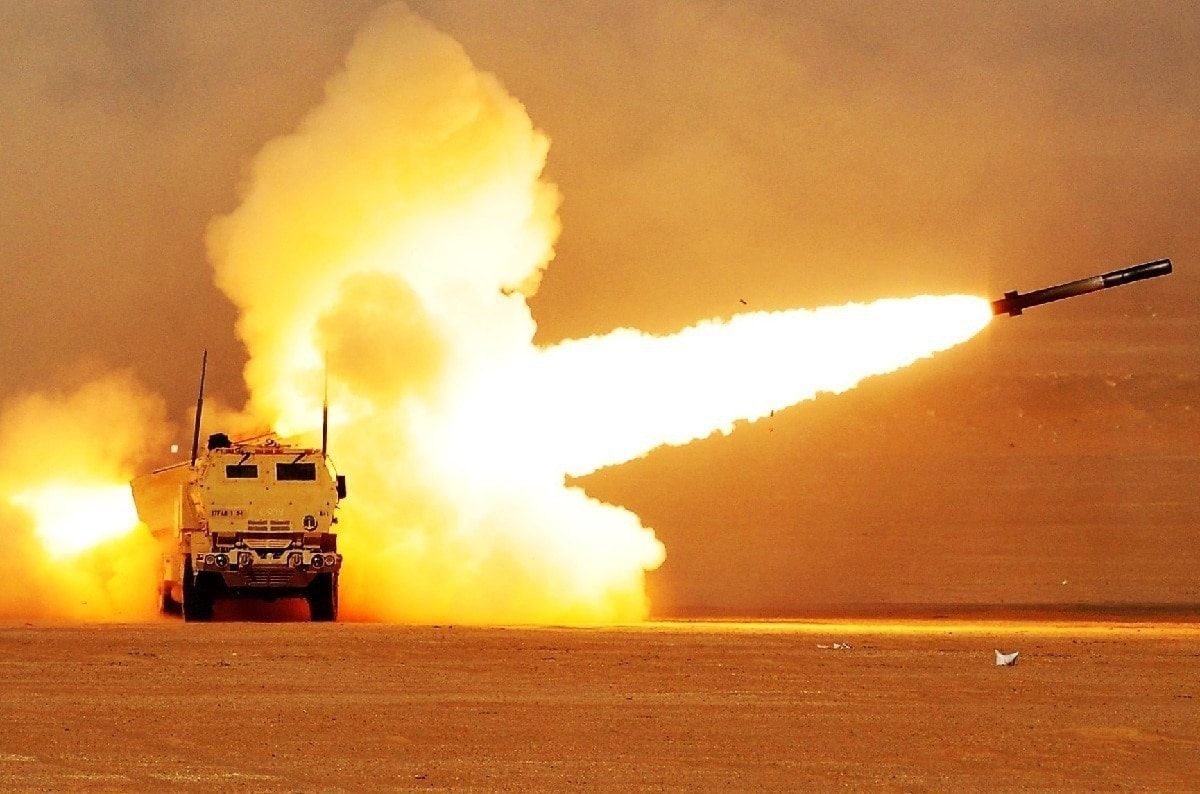Much ink has been spilt about President Biden’s recent statement about a U.S. commitment to defending Taiwan if attacked by China, as well as the clarification issued by the White House afterward:
The U.S. defense relationship with Taiwan is guided by the Taiwan Relations Act. We will uphold our commitment under the Act, we will continue to support Taiwan’s self-defense, and we will continue to oppose any unilateral changes to the status quo.
Which is exactly right. Unlike NATO and the countries that the President referred to, the United States does not have a security treaty with Taiwan. What the U.S. has is the Taiwan Relations Act, so let’s see what the Act commits the U.S. to regarding the defense of Taiwan…
The relevant sections of the Act are 2.b.4 and 3.c. Section 2.b.4 states:
to consider any effort to determine the future of Taiwan by other than peaceful means, including by boycotts or embargoes, a threat to the peace and security of the Western Pacific area and of grave concern to the United States;
So what does “grave concern” mean? The U.S. does not have some checklist or dictionary that defines what a “grave concern” might be, but it is clear that in this globalized world, any hard-power threat to Taiwan, be it military or economic in nature, would have a profound effect on both the U.S. and world economies.
Section 3.c states the following:
The President is directed to inform Congress promptly of any threat to the security or the social or economic system of the people on Taiwan and any danger to the interests of the United States arising therefrom. The President and Congress shall determine appropriate action by the United States in response to any such danger in accordance with constitutional processes.
Similar to the text of mutual defense treaties the U.S. has with other nations, there is no “automatic” response should China threaten Taiwan in some way. For the sake of discussion, let’s assume the nature of the threat is an armed attack by China on Taiwan. In this case, what are the “constitutional processes” mentioned in the Act? Following a strict interpretation of the Constitution, Congress could decide to declare war on China and direct the President, as Commander in Chief, to take military action to defend Taiwan.
But Congress hasn’t declared war on another country since 1941, and even then, it was asked to recognize that “a state of war exists between the U.S. and the Empire of Japan.” That hasn’t stopped the U.S. from using military force, however. Virtually every President has claimed that their powers as Commander in Chief of the armed forces give them the executive authority to use military power, not just to defend the U.S. against attack, but to defend U.S. interests, however broadly defined. Therefore, in response to a military attack against Taiwan, a president might decide unilaterally to take military action to defend Taiwan. At some point, Congress would have to get involved, either to belatedly authorize the money necessary to continue military action or to attempt to use the War Powers Act to restrict the President’s ability to continue that action.
Another possibility is that a president decides that an armed attack against Taiwan should not be responded to with military force. After all, there is nothing in either the Taiwan Relations Act or the Constitution that requires the President to take unilateral military action to defend Taiwan. It is rare in the discourse to hear this option discussed, but it is certainly possible.
There is yet another possible response, which the Act clearly prescribes: 1) the president, who controls the intelligence resources necessary to make such a determination, is directed to inform Congress of any threat to Taiwan, and 2) working together, the executive and legislative branches are to determine the appropriate national response, given the broad range of instruments of national power, for the existing situation.
The elected head of the executive branch in a democratic republic working together with the elected legislative body to determine a national response to a crisis? Hey, that’s what the Act says…
Anthony Cowden is the Managing Director of Stari Consulting Services.

